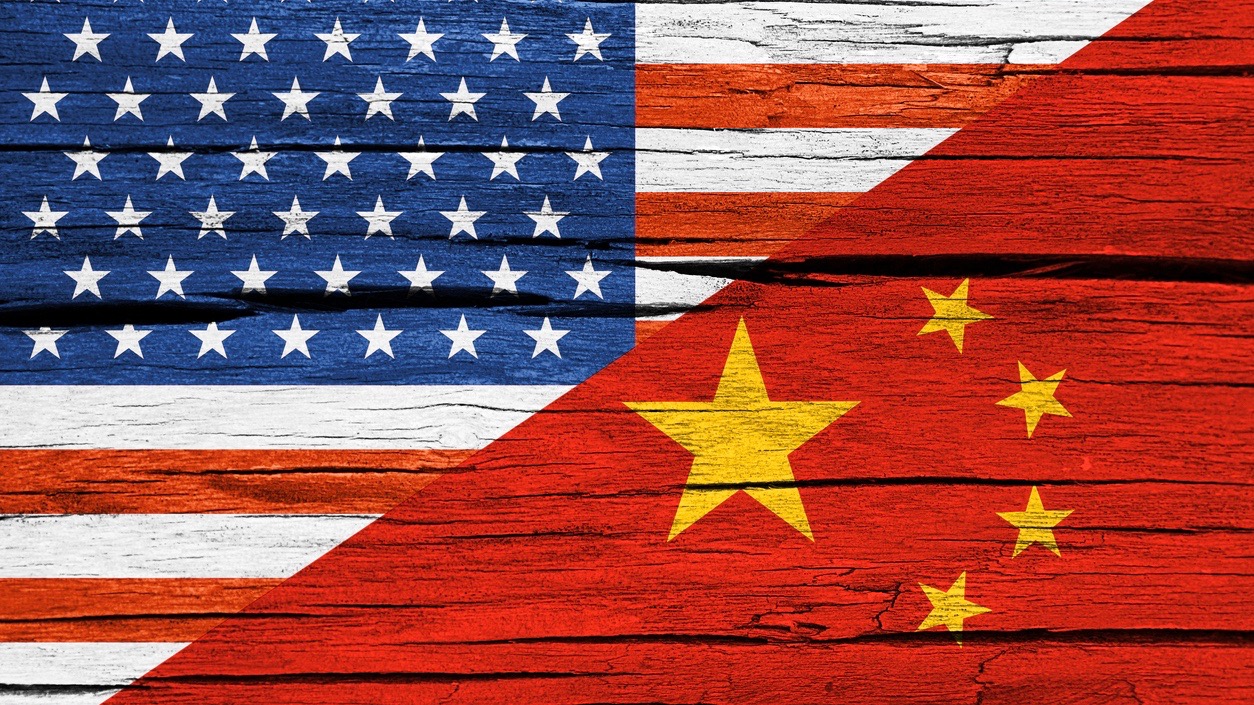Shenzhen-based mobile phone company, Huawei Technologies Co., has reportedly confirmed that it will not be signing a deal with U.S.-based AT&T just one day before the deal was to be announced at CES 2018. This news comes weeks after the company reportedly confirmed that it would be partnering with a U.S. carrier, optimistic that its new phone, the Mate 10 Pro, dubbed “The Best Phone You’ve Never Heard Of…” in its advertisements, would represent the dark horse in the competitive iPhone and Android-centric U.S. market.
Follow Crunchbase News on Twitter & Facebook
The deal would have meant a substantial opportunity to increase market share in the U.S., as the smartphone company has not managed to successfully compete in the region. Though the phone will not be available as a bundle through a popular service provider in the U.S., the company will continue to sell the product on retail sites like Amazon and Best Buy, where consumers can buy the unlocked phone and connect it to their individual service. However, the lack of a deal with AT&T will mean a shift in advertising priorities for the company and, barring any other deal coming into the works, a delay in Huawei’s goal to become competitive in the U.S.
Despite the fact that, according to Forbes, the company is the No. 3 smartphone manufacturer in the world brand behind Samsung and Apple. While most people living in the U.S. likely have very little familiarity with Huawei, the company operates in regions all around the world, and has targeted emerging markets in Africa and the Middle East. In Jordan, for example, advertisements fill malls and billboards displaying Huawei’s products and brand in partnership with Kuwait-based telecom provider, Zain.
With no confirmed explanation for the fallout of the rumored deal, we are left to speculate. One compelling explanation is that the company, having reportedly been shut out of the mainstream U.S. market in 2012, was a national security risk. This mirrors discussions surrounding cybersecurity which have been a central point of tension between the U.S. and China over the past few years. This debate has primarily concerned partnerships between U.S.-based tech companies and local Chinese companies and manufacturers. In 2012, IBM was a central target of criticism by the U.S. government for its partnership with Huawei in China. According to the Wall Street Journal, Huawei denied having been a national security risk stating that “Huawei is not a vehicle for any government or any agency of putting surveillance on another country.”
However, in a relationship where politics and tech business are uniquely intertwined, it is not a stretch to say that AT&T may have been made aware of the potential political and security risks of a deal with the China-based company.
From The Crunchbase Daily:
Global VC spending rose in 2017 but dipped in Q4
Global venture investment rose in 2017 from year-ago levels in both dollar volume and deal counts, according to an analysis of Crunchbase data. However, funding levels dipped some in the fourth quarter, led by a decline in seed-stage deals. In terms of exits, 2017 was a surprisingly strong year for technology IPOs, but M&A activity for venture-backed startups was the weakest it’s been in years.
Practice Fusion sells to Allscripts
Practice Fusion, a twelve-year-old electronic medical records company backed by a host of big-name venture firms, has sold to publicly traded Allscripts for $100 million in cash. The deal follows several quarters of declining fortunes for San Francisco-based Practice Fusion, which was on track for a blockbuster IPO a few years ago after raising more than $150 million in venture funding.
Salesforce acquires Attic Labs
Salesforce is acquiring Attic Labs, developer of a decentralized database used in collaborative projects, for an undisclosed sum. San Francisco-based Attic previously raised $8 million in venture funding.
Alkami raises $70 million for banking software
Alkami Technology, a provider of digital banking software to banks and credit unions, has raised $70 million in a Series D round led by General Atlantic. With the latest funding, the nine-year-old, Plano, Texas-based company has raised $117 million to date.
iStockPhoto / simon2579

Stay up to date with recent funding rounds, acquisitions, and more with the Crunchbase Daily.




![Illustration of stopwatch - AI [Dom Guzman]](https://news.crunchbase.com/wp-content/uploads/Halftime-AI-1-300x168.jpg)
67.1K Followers